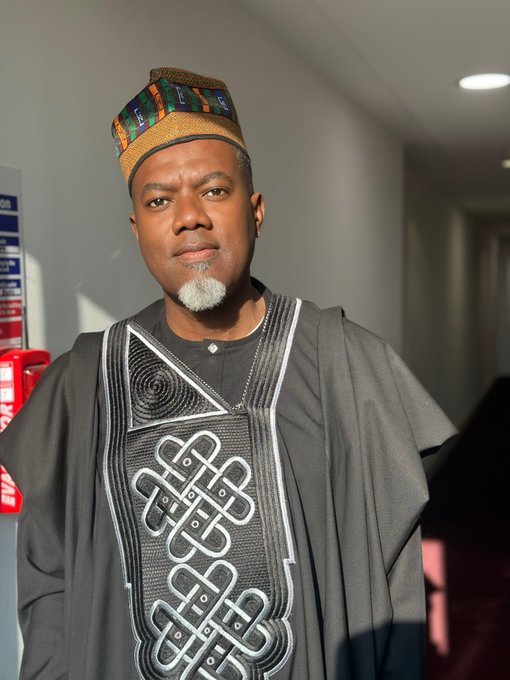In a major legal development, the Federal Capital Territory (FCT) High Court has delivered a resounding victory to former presidential spokesperson, Reno Omokri, by vacating the remand order issued against him. The ruling, delivered on January 30, 2025, marks a significant turning point in the high-profile case, which has drawn widespread attention due to its ties to religious freedom and political discourse.
The legal battle began when Omokri’s remarks on Pastor Paul Enenche, the founder of Dunamis International Gospel Centre, attracted the scrutiny of the authorities. Omokri’s outspoken criticisms of Pastor Enenche’s involvement in political matters during the 2023 general elections led to his initial remand. According to the FCT Magistrate Court, Omokri’s comments were deemed inflammatory and potentially disruptive to public order, which prompted the issuance of a remand order. However, Omokri’s legal team, led by Osa Director and Co., swiftly filed an appeal challenging the ruling.
The appeal, marked CRA/2/2025, centered on the request for a stay of execution of the remand order. On January 30, as the case was heard, Chief Magistrate Emmanuel Iyanna presided over the matter and delivered a significant ruling in favor of Omokri, ordering the removal of his name from the First Information Report (FIR). This legal victory means that the remand order, which had cast a shadow over Omokri’s activities, is no longer in effect.
Omokri’s legal team expressed satisfaction with the ruling, stating that the decision was a step toward protecting free speech and holding public figures accountable. “We are pleased with the court’s decision to vacate the remand order against our client. This case is not just about one individual, but about upholding the principle of free speech in a democratic society,” said one of Omokri’s lawyers.
The controversy began when Omokri, known for his sharp commentary on Nigerian politics and society, criticized Pastor Enenche for his outspoken support of certain political figures during the 2023 elections. Omokri argued that religious leaders should remain neutral and avoid aligning themselves with political parties or candidates. His critique was aimed not only at Enenche but also at his wife, Becky Enenche, whose statements about the financial implications of tithing became a point of contention.
Omokri’s position was that religious organizations, especially those registered under the Corporate Affairs Commission, should not engage in partisan political activities, as it violated the fundamental principles of neutrality expected from such bodies. He also pointed to the Companies Income Tax Act, which grants tax-exempt status to religious institutions but stipulates that such status is reserved for entities that focus on religious, charitable, or educational purposes only.
While Omokri’s statements sparked outrage among some religious groups, many of his supporters have praised his bold stance on the issue of political neutrality in religious circles. “Reno Omokri has always been an advocate for truth, and this legal victory is a testament to his unwavering commitment to defending what he believes in,” said a supporter at the courthouse.
On the other hand, Pastor Enenche’s camp has remained silent on the court ruling. However, some of the pastor’s followers have expressed their dissatisfaction with Omokri’s public criticisms, arguing that religious leaders should have the right to influence political discourse, especially when it comes to issues affecting their congregations.
The case has drawn attention to the broader debate about the role of religious leaders in Nigerian politics and the limits of free speech. Critics of Omokri’s comments have suggested that religious figures have a moral obligation to guide their followers on political matters, while others argue that such involvement compromises the integrity of religious institutions.

